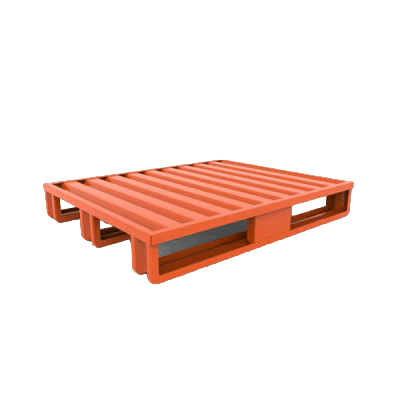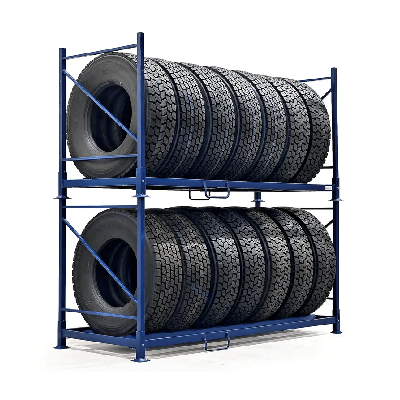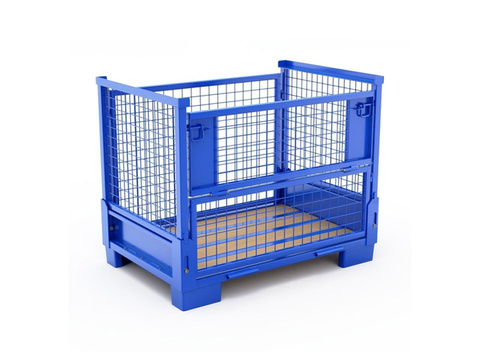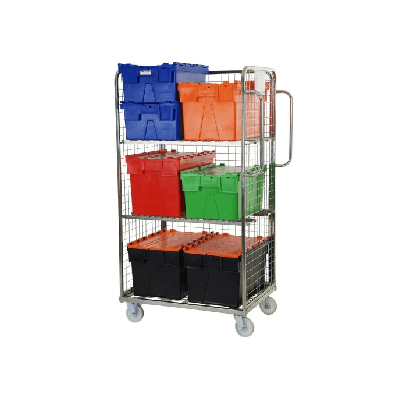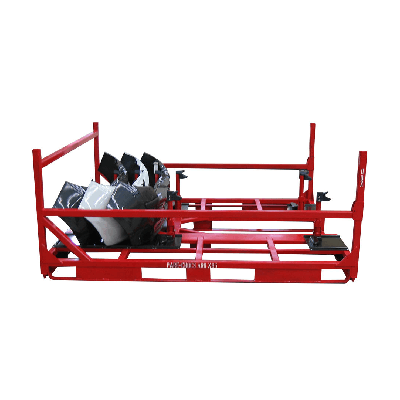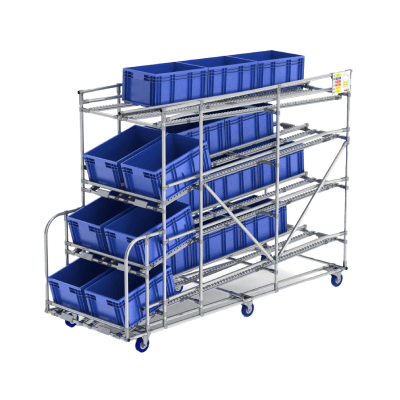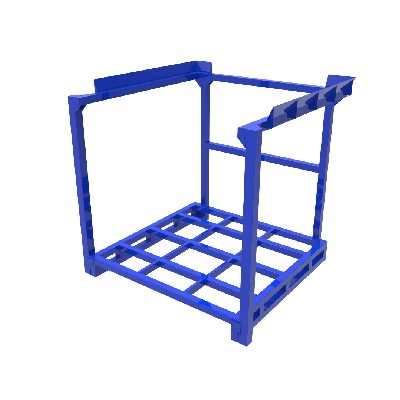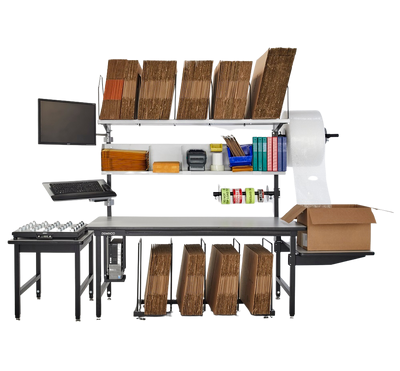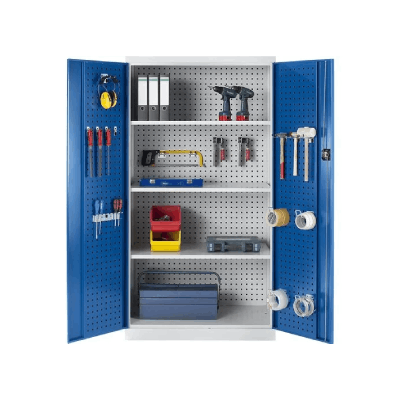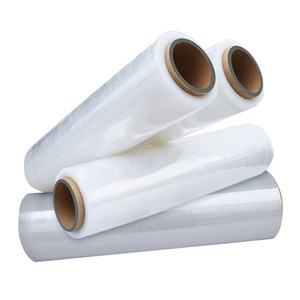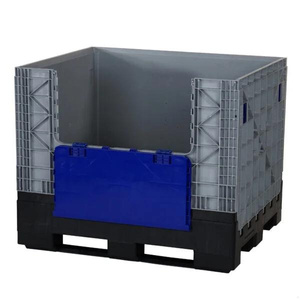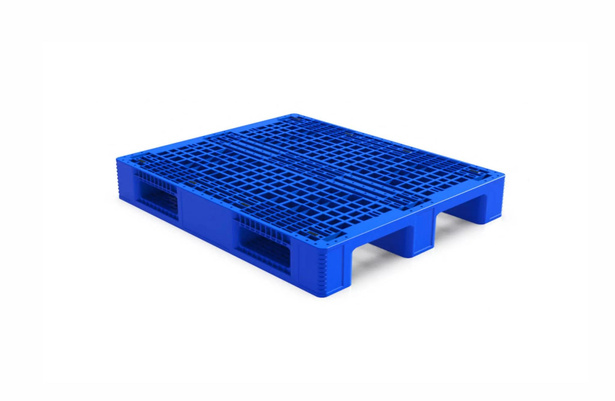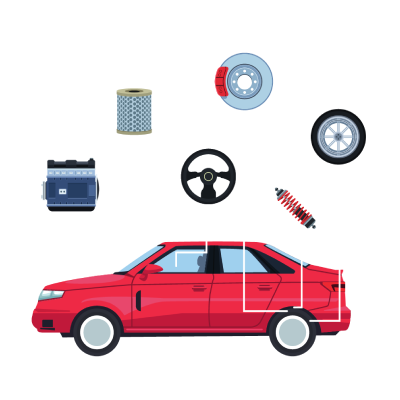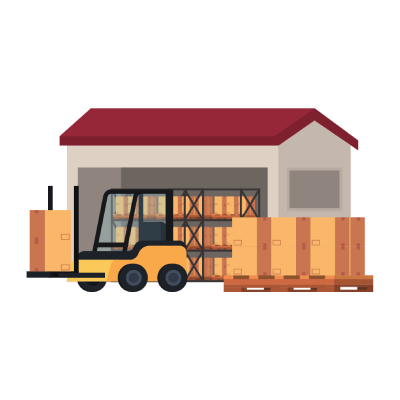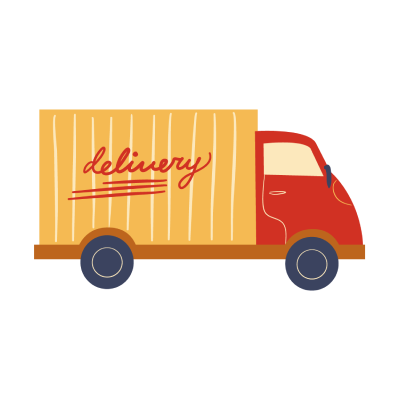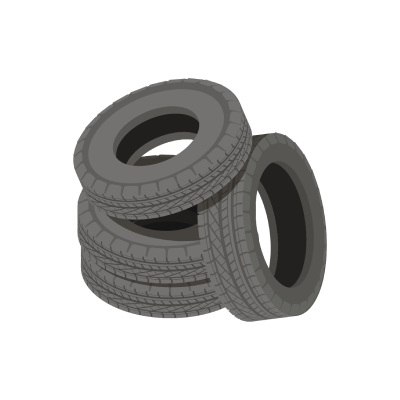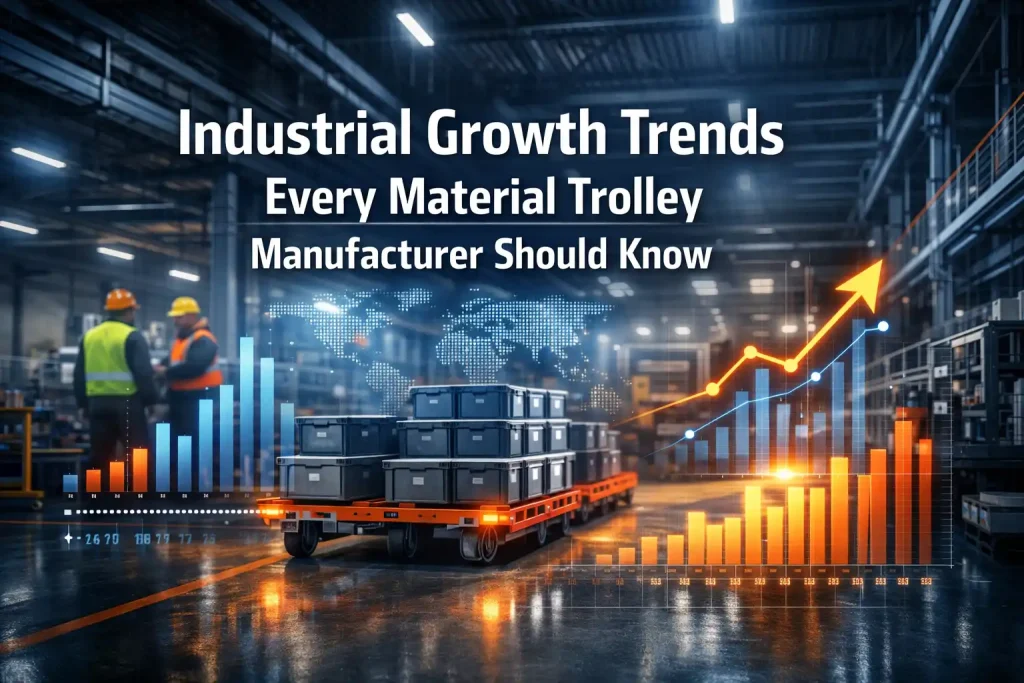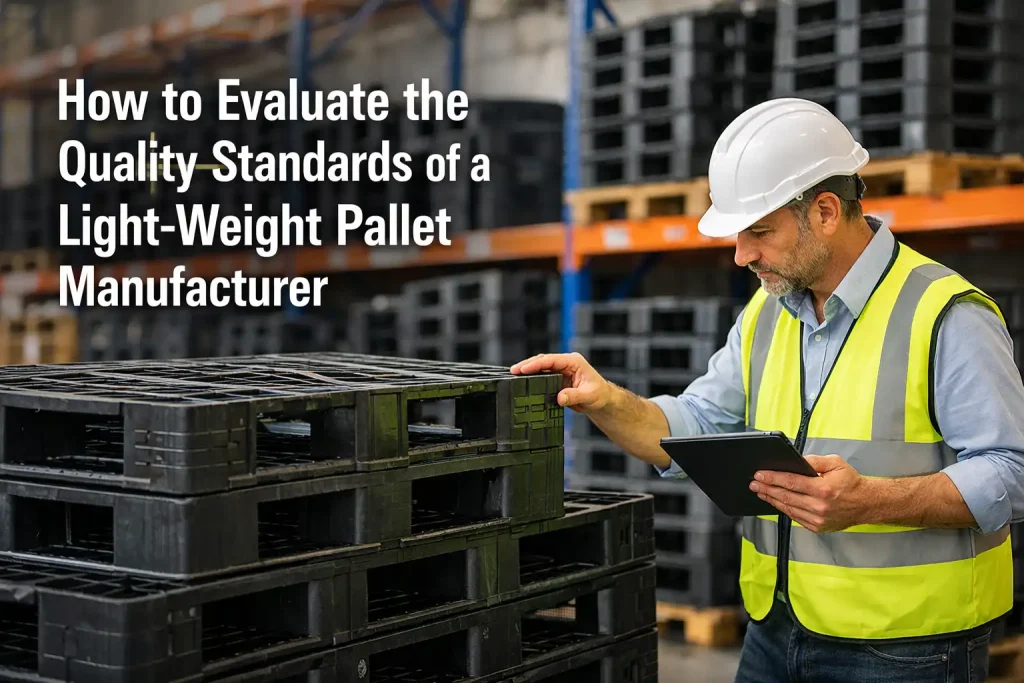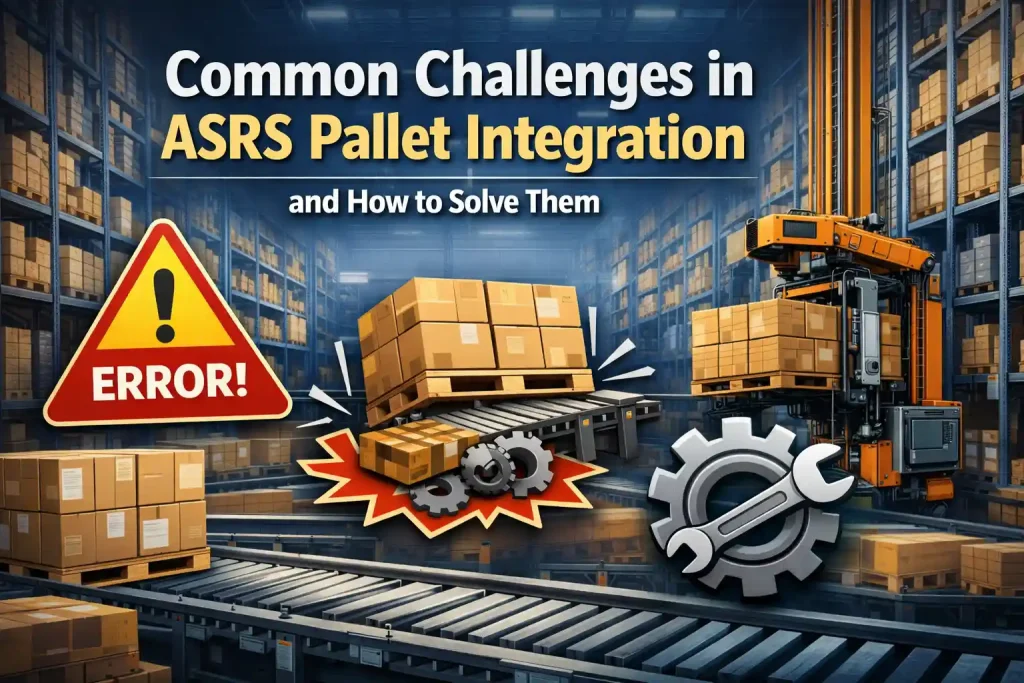In today’s fast-paced industrial environment, effectiveness and efficacy are critical. One of the key elements that contribute to these goals in warehouses is the use of advanced trolley systems. As a leading warehouse trolley manufacturer, we recognize the critical role these systems play in optimizing material handling processes. In this blog, we will explore the evolution of warehouse trolley systems, their benefits, and why choosing the right warehouse trolley manufacturer is essential for your business.
Table of Contents
ToggleThe Evolution of Warehouse Trolley Systems
Warehouse trolleys have come a long way from the basic, manually operated carts of the past. The evolution of these systems has been driven by the need for improved efficiency, safety, and versatility in handling various types of materials. Let’s take a closer look at how warehouse trolley systems have evolved over the years.
- Manual Trolleys: Initially, warehouse trolleys were simple, manually operated carts used for moving goods from one location to another. While effective, these trolleys were limited in capacity and required significant physical effort from workers.
- Mechanized Trolleys: The need for mechanized trolleys arose as industrial processes became more complex. These trolleys were equipped with basic motors and controls, allowing for easier movement and handling of heavier loads. However, they were still relatively simple in design and functionality.
- Automated Trolley Systems: With advancements in automation technology, warehouse trolley systems have become more sophisticated. Automated trolleys are now capable of navigating complex warehouse layouts, optimizing routes, and even interacting with other automated systems. These trolleys can be programmed to perform specific tasks, reducing the need for manual intervention.
- Smart Trolleys: The latest innovation in warehouse trolley systems is the introduction of smart trolleys. These trolleys are equipped with sensors, GPS, and advanced software that allow for real-time tracking, load monitoring, and predictive maintenance. Smart trolleys can communicate with warehouse management systems, providing valuable data that can be used to optimize operations further.
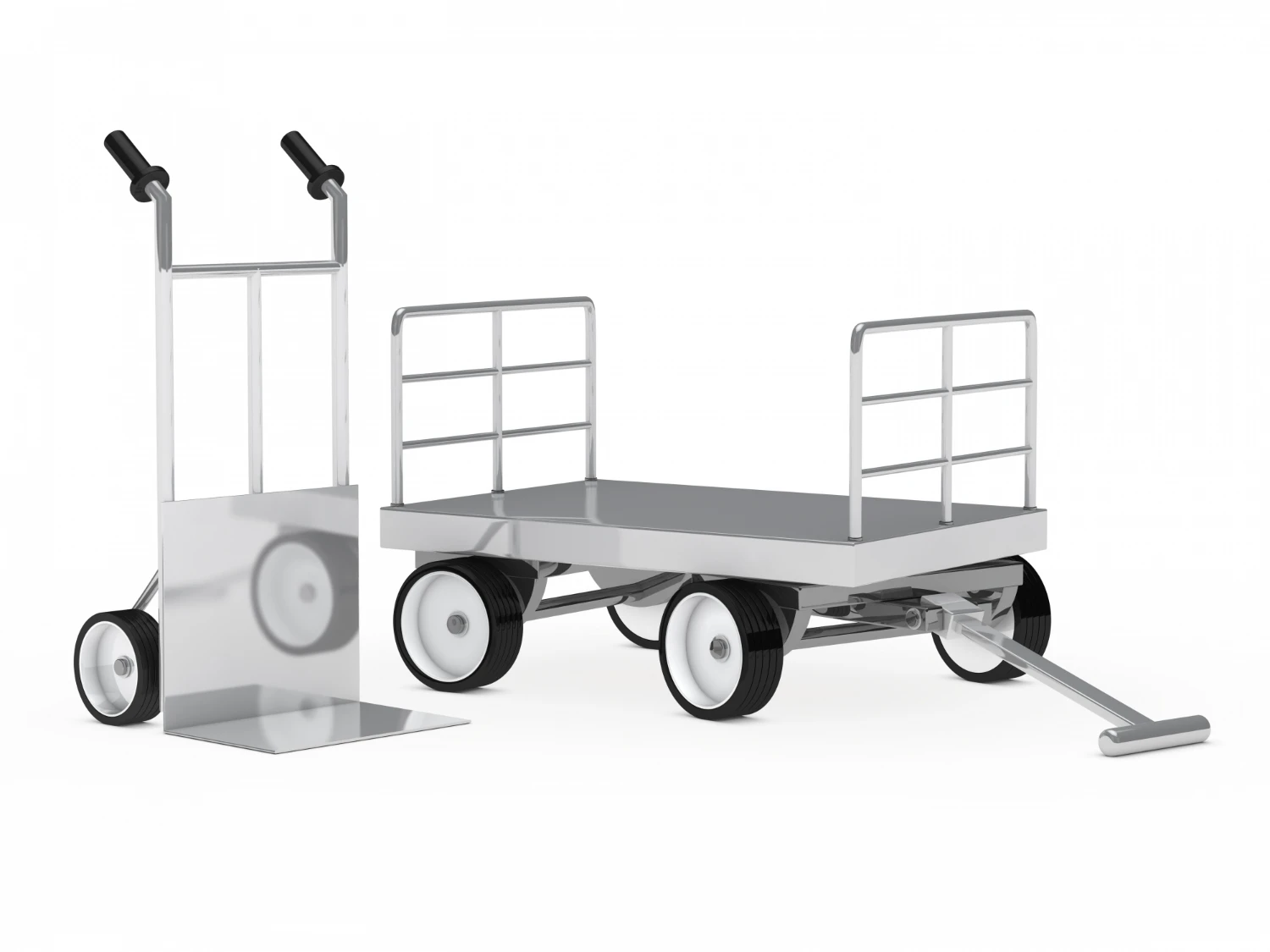
Benefits of Advanced Warehouse Trolley Systems
Investing in advanced warehouse trolley systems offers a multitude of benefits for businesses looking to enhance their material handling processes. Here are some of the primary benefits:
- Increased Efficiency: Advanced trolley systems are designed to streamline material handling tasks, reducing the time and effort required to move goods within a warehouse. Automated and smart trolleys can navigate complex layouts, optimize routes, and minimize idle time, leading to significant efficiency gains.
- Enhanced Safety: Safety is a major consideration in any warehouse setting. Advanced trolley systems are equipped with safety features such as collision avoidance sensors, load monitoring, and emergency stop functions. These features help prevent accidents and injuries, creating a safer work environment for employees.
- Cost Savings: While the initial investment in advanced trolley systems may be higher than traditional trolleys, the long-term cost savings are substantial. Reduced labor costs, lower maintenance expenses, and increased productivity all contribute to a positive return on investment.
- Flexibility and Customization: Modern warehouse trolley systems are highly customizable, allowing businesses to tailor the trolleys to their specific needs. Whether you require trolleys for heavy loads, delicate items, or specialized tasks, a reputable warehouse trolley manufacturer can design and produce systems that meet your requirements.
- Data-Driven Decision Making: Smart trolleys equipped with sensors and tracking technology provide valuable data that can be used to make informed decisions. This data can help identify bottlenecks, optimize warehouse layouts, and improve overall operational efficiency.
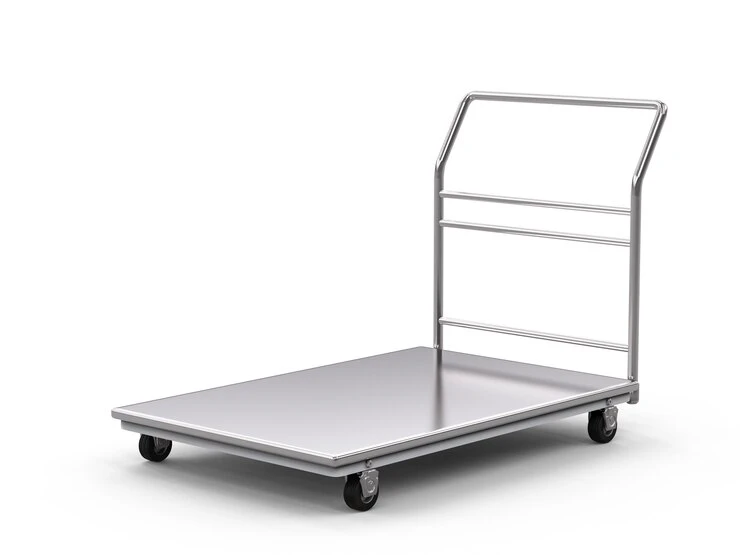
Choosing the Right Warehouse Trolley Manufacturer
Selecting the right warehouse trolley manufacturer is a critical decision that can impact the success of your material handling operations. Here are some criteria to consider while selecting a manufacturer:
- Experience and Expertise: Look for a warehouse trolley manufacturer with a proven track record of designing and producing high-quality trolley systems. An experienced manufacturer will have a deep understanding of the challenges faced by warehouses and will be able to offer innovative solutions.
- Customization Options: Every warehouse has unique needs, and a one-size-fits-all approach may not be suitable. Choose a manufacturer that offers customization options, allowing you to design trolleys that are tailored to your specific requirements.
- Quality and Durability: The quality of the materials used in manufacturing trolleys is crucial to their longevity and performance. Ensure that the manufacturer uses durable, high-quality materials that can withstand the demands of your warehouse environment.
- Technology Integration: As warehouses become more automated, choosing a warehouse trolley manufacturer offering advanced technology integration is essential. This includes automation, smart sensors, and compatibility with warehouse management systems.
- After-Sales Support: Reliable after-sales support is essential to ensure the continued performance of your trolley systems. Choose a manufacturer that offers comprehensive support services, including maintenance, repairs, and upgrades.
- Environmental Considerations: Sustainability is becoming increasingly important in the manufacturing industry. Consider a warehouse trolley manufacturer that prioritizes environmentally friendly practices, such as using recyclable materials and energy-efficient production processes.
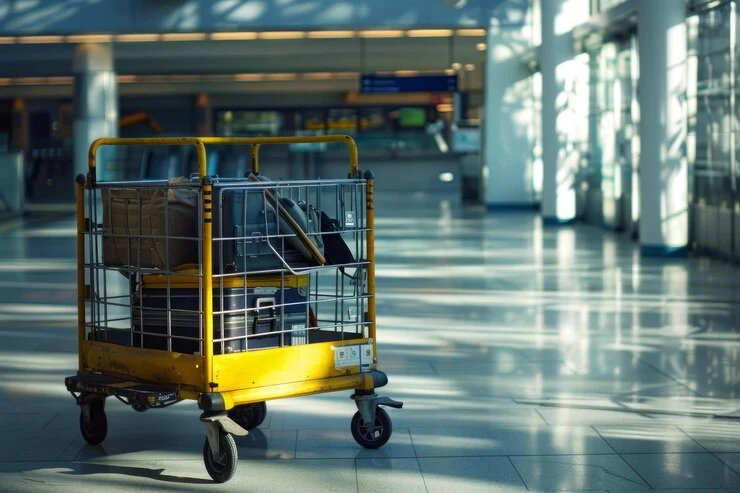
Key Features of Advanced Warehouse Trolley Systems
When evaluating warehouse trolley systems, it’s important to consider the key features that contribute to their performance and effectiveness. Here are some of the features to look for in advanced trolley systems:
- Load Capacity and Versatility: Depending on your warehouse’s needs, you may require trolleys with varying load capacities. Advanced trolleys should be versatile enough to handle a wide range of materials, from heavy pallets to delicate items.
- Automation and Navigation: Automated trolleys with advanced navigation systems can significantly improve efficiency. Look for trolleys that can navigate complex warehouse layouts, avoid obstacles, and optimize routes for faster material handling.
- Safety Features: Safety should never be compromised in a warehouse environment. Advanced trolley systems should include features such as collision avoidance sensors, emergency stop buttons, and load monitoring to ensure safe operation.
- Real-Time Tracking and Monitoring: Smart trolleys equipped with GPS and sensors provide real-time tracking and monitoring capabilities. This feature allows warehouse managers to monitor the location and status of trolleys, ensuring efficient operation.
- Energy Efficiency: Energy-efficient trolley systems can help reduce operational costs and minimize the environmental impact. Look for trolleys with energy-saving features such as regenerative braking and low-power consumption motors.
- Ease of Maintenance: Regular maintenance is essential to keep trolley systems in optimal condition. Choose trolleys that are designed for easy maintenance, with accessible components and clear maintenance instructions.
Applications of Advanced Warehouse Trolley Systems
Advanced warehouse trolley systems are used across various industries to streamline material handling processes. Here are some of the common applications:
- Retail and E-Commerce: In the fast-paced world of retail and e-commerce, efficient order fulfillment is essential. Advanced trolley systems are used to move products quickly and accurately within distribution centers, ensuring timely deliveries.
- Manufacturing: In manufacturing environments, trolleys are used to transport raw materials, components, and finished products between different production stages. Automated trolleys can be integrated into production lines, improving workflow and reducing downtime.
- Automotive Industry: The automotive industry relies on advanced trolley systems to handle heavy and bulky components such as engines and chassis. Trolleys with high load capacities and robust construction are essential for safe and efficient material handling.
- Pharmaceuticals and Healthcare: In the pharmaceutical and healthcare industries, precision and hygiene are critical. Advanced trolley systems are used to transport sensitive products such as medications and medical devices, ensuring they reach their destination safely.
- Food and Beverage: The food and beverage industry requires trolleys that can handle perishable goods while maintaining hygiene standards. Advanced trolley systems with temperature control and easy-to-clean surfaces are ideal for this industry.
- Aerospace: The aerospace industry demands precision and reliability in material handling. Advanced trolley systems are used to transport delicate and high-value components such as aircraft parts, ensuring they are handled with care.
Conclusion:-
Choosing the right warehouse trolley manufacturer is a crucial step in optimizing your material handling processes. Advanced trolley systems offer a range of benefits, including increased efficiency, enhanced safety, and cost savings. When selecting a manufacturer, consider factors such as experience, customization options, quality, and technology integration.
Kole Global as a leading warehouse trolley manufacturer, is committed to providing innovative and reliable solutions tailored to your specific needs. Our advanced trolley systems are designed to meet the highest standards of quality and performance, ensuring your warehouse operates at peak efficiency. Contact us today to learn more about how our trolley systems can transform your material handling operations.
Frequently Asked Questions:-
1. What are the key benefits of using advanced warehouse trolley systems?
- Advanced warehouse trolley systems offer several benefits, including increased efficiency in material handling, enhanced safety features, cost savings through automation, and the ability to collect and analyze data for optimized operations. These trolleys are also customizable to meet the specific needs of different industries.
2. How do I choose the right warehouse trolley manufacturer?
- When selecting a warehouse trolley manufacturer, consider factors such as the manufacturer’s experience, the quality and durability of their products, customization options, and the ability to integrate advanced technologies like automation and smart sensors. Additionally, ensure the manufacturer provides reliable after-sales support and values sustainability in their practices.
3. What types of industries benefit most from advanced warehouse trolley systems?
- Advanced warehouse trolley systems are beneficial across various industries, including retail and e-commerce, manufacturing, automotive, pharmaceuticals, healthcare, food and beverage, and aerospace. These trolleys are designed to handle specific material handling challenges, such as transporting heavy loads, maintaining hygiene, or managing delicate items.
4. What features should I look for in a warehouse trolley system?
- Key features to look for include load capacity and versatility, automation and navigation capabilities, safety features like collision avoidance sensors, real-time tracking and monitoring, energy efficiency, and ease of maintenance. These features ensure the trolley system meets your warehouse’s operational needs.
5. How can smart trolley systems improve warehouse operations?
- Smart trolley systems equipped with sensors, GPS, and advanced software provide real-time tracking and load monitoring. This data can be used to optimize warehouse layouts, reduce idle time, and improve overall efficiency. Additionally, predictive maintenance features help prevent downtime by alerting operators to potential issues before they become problems.

